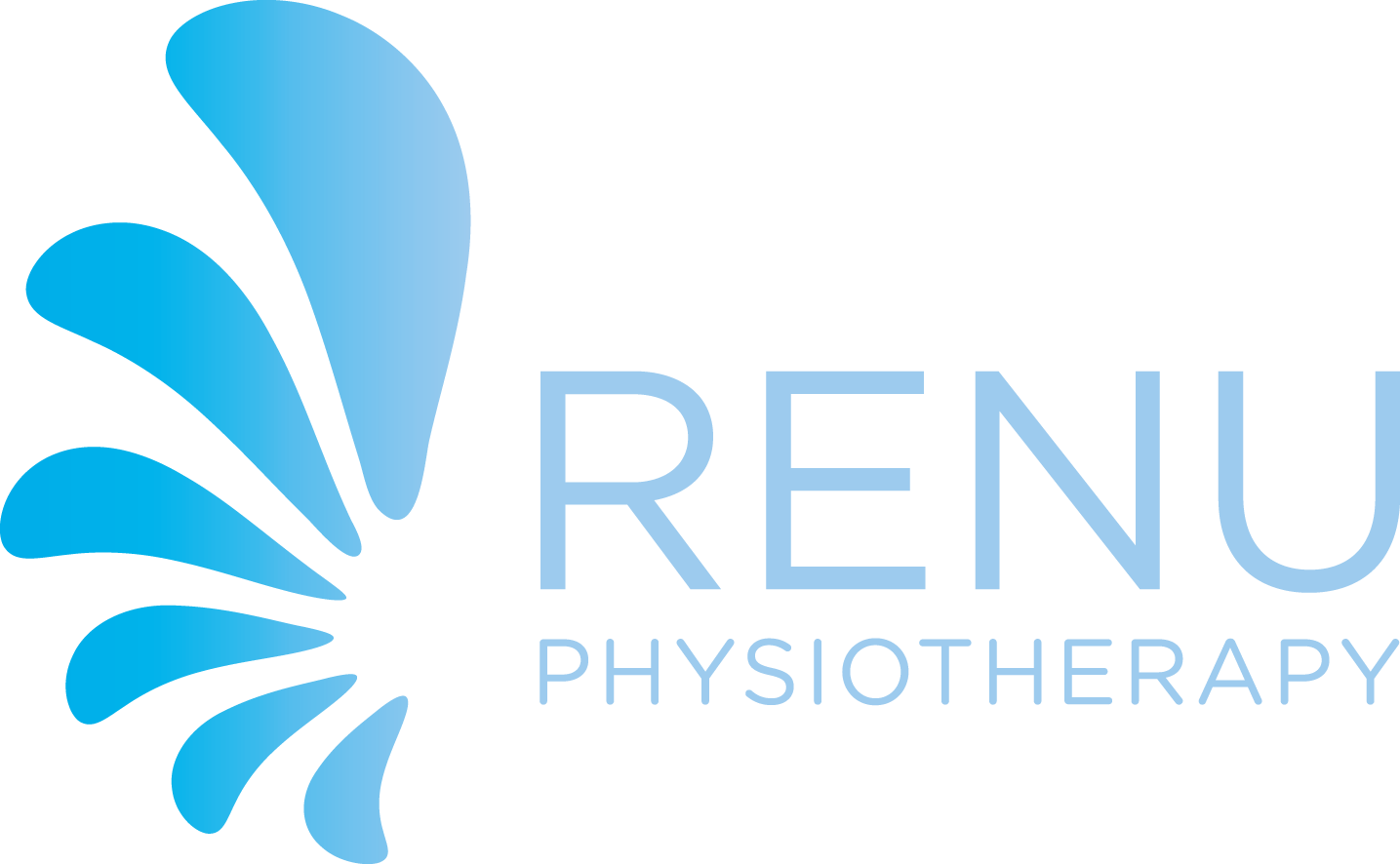Getting the hay in the barn for Triathlon Season!
It’s that time of year again where we are coming back into training getting ready for an exciting race season next year. We might be planning our race calendar and braving the cold mornings for long runs or easy spins but now is the time to start thinking holistically for our overall health and training approach for a successful 2023 in Triathlon.
Here are some top tips to consider.
Load management
When building up your training distances whether that be after a rest period or a break away from training it is really important to do so gradually to allow the body time to adapt. When patients come to see us in clinic with those pesky tendon irritations it is often at a time of increased training loads which can look like bigger volumes or sometimes higher intensity sessions or training on different surfaces which place new loads on the body.
Aim to increase training loads in a structured and graded way. One simple rule of thumb is to make sure you don’t increase training load by more than 10% week on week (Athletics Ireland Recreational Running Tips). We also have to remember that harder or faster sessions are a higher load so don’t up your mileage and your intensity at the same time. Couch to 5km programmes are a nice example of a structured load management plan for building up mileage. When training across multiple events this can be a little trickier to figure out so following a training plan from a triathlon coach that suits your baseline level can be a good place to start. Also try to avoid sudden spikes in loading - for example training every day just because it’s your week off!
Nutrition
It is crucial to match our nutritional intake (energy in) to our individual activity and training needs (energy out). We need to fuel our bodies with what it needs to function and repair itself effectively. A lack of fuel or over exercising could lead to a condition known as REDS “relative energy deficiency in sport” which is associated with many body changes including impaired bone health / stress fractures, growth issues, fatigue, injuries, illnesses, problems with menstruation as well as issues with mood and performance (RED-s | Sport IrelandIOC consensus statement on relative energy deficiency in sport (RED-S): 2018 update | British Journal of Sports Medicine ). You can speak to your doctor if you have any concerns in this area.
If you feel you need support in planning your nutrition for training; professional dieticians can work with individuals with a variety of nutritional needs. You may even have access to a registered dietician through your private health insurance. Check out the INDI website for more information, some great resources or to access a sport dietician. (Irish Nutrition and Dietetic Institute https://www.indi.ie/)
Sleep and recovery
After training it is important to remember the need for recovery. Sleep is a key part of the recovery process.Practising good sleep habits can help to get into a positive routine with sleep. You may wish to avoid caffeinated drinks in the afternoon and put those screens away 1 hour before bedtime (HSE - Shake Off The Sleep Monster).
Strength and conditioning
With the demands of a multisport training schedule and busy life it can be hard to find time to fit it all in. Often it's the gym based or resistance training that can get overlooked in favour of miles out on the road or in the pool. With many types of niggles or injuries we see in clinic relating to endurance sports, there is often a lack of strength work in the training routine. Exercise guidelines state adults should be aiming to achieve muscle strengthening type training twice per week (World Health Organisation - Fact Sheet Physical Activity)
To cope with the heavy demands of triathlon your muscles need very good capacity. It is through strength and conditioning work that we build that capacity. We also need good mobility to allow the body to move efficiently when we swim, bike and run so incorporating dynamic warm-ups and mobility work into our programmes is time well spent. If you find it hard to get motivated for this type of exercise you could try joining a strength and conditioning class or gym. Choosing something you enjoy will also help to keep you on track with your strength training. Pilates and Yoga can be nice ways of adding lower impact strength and mobility work into your programme. If you have not exercised for some time or have a medical condition consult your GP before beginning a new programme. For those struggling with injuries, niggles or just not sure where to begin with your strength and conditioning training this season, consider contacting your local Chartered Physiotherapist for further guidance.
If you found this helpful check out more useful tips at : https://askthephysio.ie/resources/10-ways-to-minimise-running-injury/




